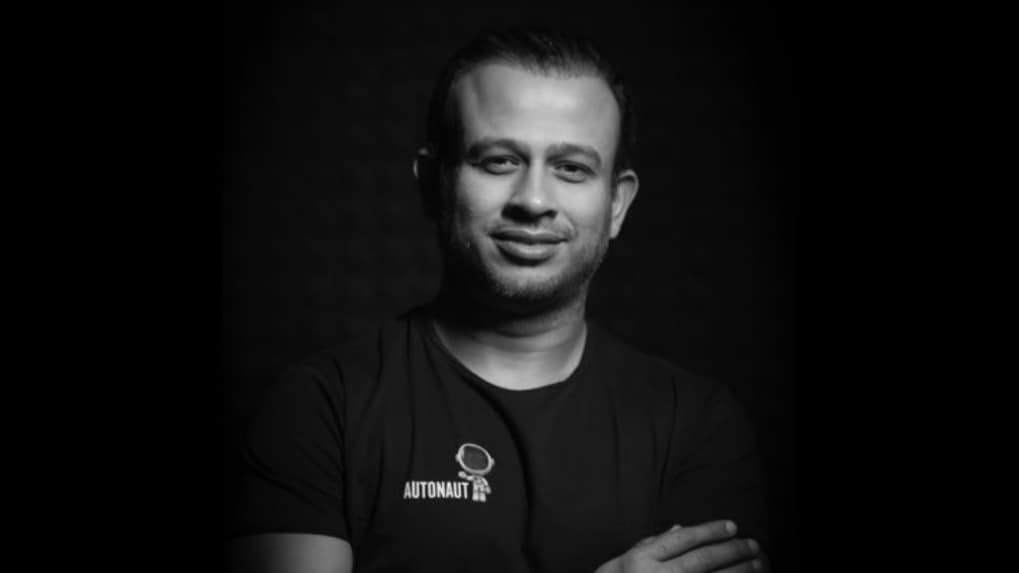Cars24 chief urges tougher curbs on vehicle use as Delhi’s air quality deteriorates
ADVERTISEMENT
Cars24 chief executive Vikram Chopra has issued a striking call for far stronger curbs on vehicle use in Delhi, arguing that the capital’s pollution crisis has reached a point where even businesses dependent on car sales must prioritise public health. Chopra said his appeal stemmed not from data alone but from personal concern, stating that his five-year-old son and elderly parents could not endure the long-term effects of the Delhi’s toxic air.
In a post on X, Chopra stated that although his company’s entire business relies on people buying, selling and using cars, Delhi now requires far stricter and more uncomfortable rules to protect its residents. He commented that the real issue was not a lack of scientific understanding but a lack of public willingness to tolerate inconvenience. He pointed to interventions such as the odd-even scheme, traffic restrictions during the COVID-19 lockdown, and GRAP measures, noting that all had delivered measurable improvements in air quality before being abandoned due to public discomfort.
I run an autotech company. My entire business depends on people buying, selling and using cars and even I am saying that Delhi needs far stricter, far more uncomfortable rules to fix the air. When someone whose livelihood comes from mobility is asking the government to curb…
— Vikram Chopra (@vikramchopra) November 23, 2025
Chopra cited reductions in PM2.5 of 14–16% during the 2016 odd-even scheme and drops of 40–60% in PM2.5 and PM10 during the 2020 lockdown, alongside a halving of NO₂ levels. He stated that despite such evidence, these measures were discontinued because opposition to inconvenience outweighed the impact of improved air quality. His criticism extended to policymakers, arguing that several high-impact interventions had languished due to a lack of political will. He listed congestion pricing, tougher diesel restrictions, real-time emissions checks at construction sites and satellite-driven incentives to curb stubble burning as examples that required clarity and courage rather than new expertise.
Chopra said the deeper problem was societal, asserting that people wanted clean air without enduring the restrictions needed to achieve it. He described this mindset as the true pollutant holding back progress. Calling for decisive action, he urged authorities to restrict vehicle usage, limit diesel during winter, enforce construction bans and crack down on persistent polluters as though responding to a public health emergency rather than routine regulation.
Chopra warned that delaying difficult decisions would have severe consequences, stating that without accepting inconvenience now, residents risked a future where they lived inside an “air-purifier-shaped coffin” while mistaking stagnation for progress.

